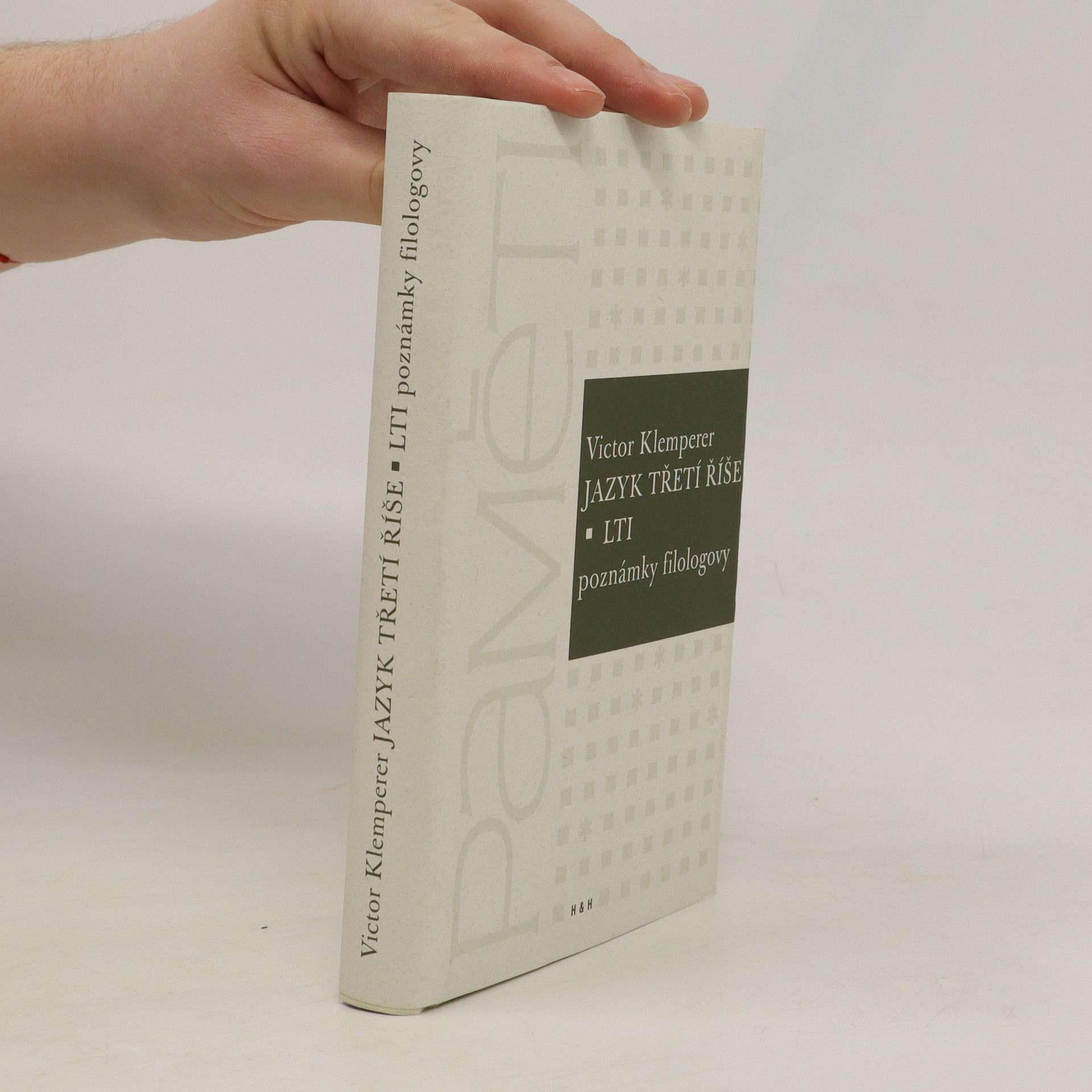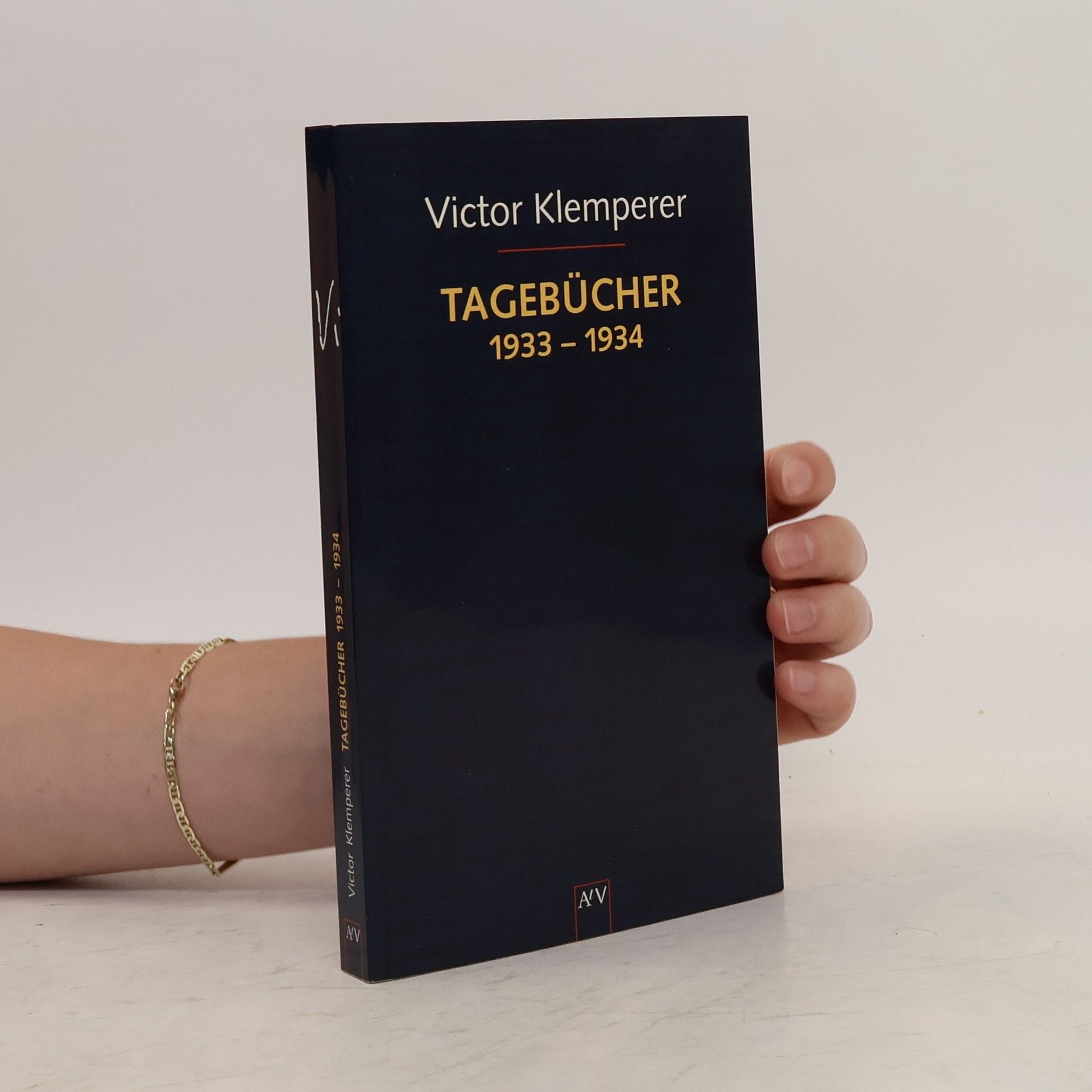Deníky 1942—1945: Chci vydat svědectví 2
- 663 stránek
- 24 hodin čtení
Kronikářem století, zachycujícím drama německé rozpolcenosti a německých katastrof, tak je nazýván Victor Klemperer (1881–1960), německý romanista a humanista, jehož deníky vznikaly během celého autorova pohnutého života, stráveného převážně v Drážďanech, a jsou jak svým rozsahem (9 dílů, dohromady cca 5 000 stran, všechny vyšly v berlínském nakladatelství Aufbau teprve v 90. letech), tak svým obsahem unikátním a autentickým svědectvím německé reality několika generací a dvou světových válek. Dva díly nazvané „Chci vydat svědectví“ zachycují přesným a výmluvným způsobem pronásledování Židů v Německu za nacistické krutovlády v letech 1933–45 z pohledu oběti. Deníky měly nebývalý ohlas a staly se přímo literárním šlágrem (mj. byl podle nich natočen dvanáctidílný seriál televize ARD).







